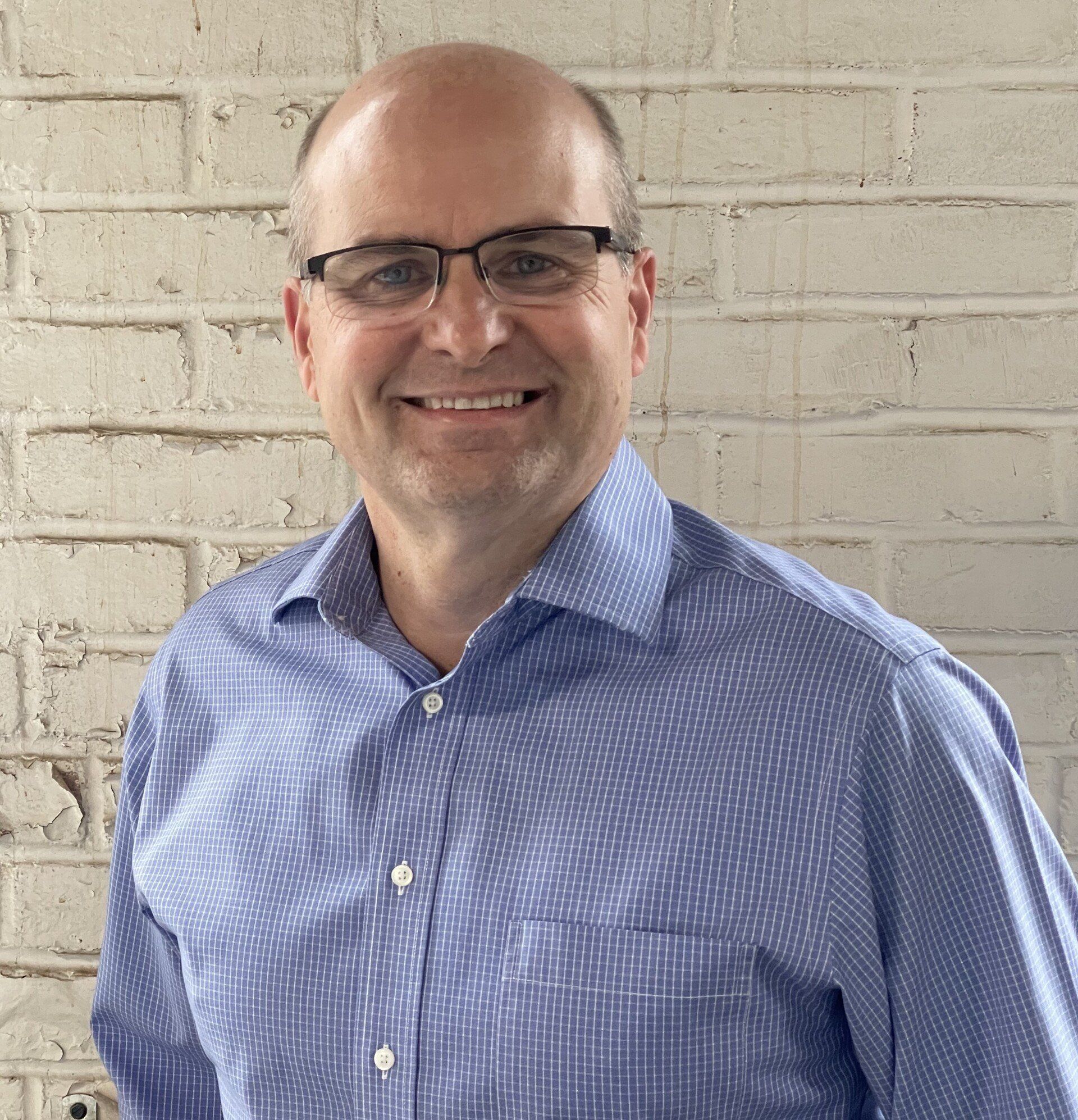Learn more about my book "The Courageous Ask"
Finding and Maintaining Your Leadership Voice
No, no, I am not talking about the spoken voice
that exudes authority or inspires those around a leader to carry out a task, mission, or vision. I’m not talking about the voice that is used by leaders to motivate subordinates to snap to it. The leadership voice I am writing about is much more fundamental and formative in a leader’s style and ideally develops before they perform their first act of leadership. This formational leadership voice is also continually honed throughout the career of any leader.
What I am talking about is the leadership voice that is deep within them, having developed during their upbringing, life experiences, education, faith experiences, and life impacts. This leadership voice comes out of who they naturally are, and forms their leadership style.
(This blog focuses on starting a conversation centered on preventing the fall of nonprofit leaders. I write it from a Christian perspective, but all leaders will benefit. Be sure to sign up to receive these articles via email every Tuesday at
briankreeger.com as well as taking a look at previous blog articles. In addition to receiving these articles two days before they hit social media, you will receive the article "5 Early Indicators of a Christian Nonprofit Leadership Fall" along with the Contents, Introduction and the Appendix (My story) of my book,
The Courageous Ask: A Proactive Approach to Prevent the Fall of Christian Nonprofit Leaders.)
I recently watched a TED Talk entitled “Writing What You Know” by Matt Nix. He was mainly talking to artists about the creative process, but I couldn’t help seeing the parallels with leadership in his message.
During one portion of this video, he talked about finding your creative voice. In varying degrees, depending on the organization's age and a person’s role, creativity is a strong segment of leadership. Isn’t creativity one thing that makes a leader unique and put them in their position?
Matt said, “Your creative voice is a lot like your speaking voice. It’s given to you. It usually changes between adolescence and adulthood, but ultimately it is not something you create. It is something you find.” He went on to say, “I realized the central job of an artist is to find your voice, and to honor it once you have found it.”
In the book The Leadership Challenge, authors James Kouzes and Barry Posner write, “Finding your voice is absolutely critical to becoming an authentic leader.” They continue, “If you can’t find your voice, you’ll end up with a vocabulary that belongs to someone else, mouthing words that were written by some speechwriter, or mimicking the language of some other leader who’s nothing like you at all.”
Hmm…. A couple questions immediately came to mind: Isn’t our natural internal voice something that is lost when we are focused on pleasing people, even if it is in the interest of something good and God honoring? What about the groups that surround the leader, whether or not they are part of their accountability, that continue to pressure the leader to squelch their individual voice in order to please the masses? Did we put them in their position because of their unique creative voice or because they would succumb? Did we choose them for the right reason? Were they chosen because we thought they would succumb or conform?
These are all important questions that need to be asked from now on in whatever role you play in your organization.
Leadership is hard.
It is isolating and lonely. It is heartbreaking. It can be confidence and self-image shattering. It can be pressure packed. It can rock you to your very core and leave you blabbering obscenities at a statue in the park. It is always counter-cultural.
The difficult side of leadership causes a person to question why they are doing what they are doing. They may second-guess every decision they make during times of discouragement and experience uncharacteristic levels of insecurity. They may question who they truly are at their deepest levels.
The hardest part is that most people don’t understand the stress and pressure leaders face, especially those closest to them and those they care about the most.
The pressure to push aside our individual voice creates the rub, the battle within ourselves that can ultimately manifest in discontentment and other issues we discuss in these blog articles.
Without having a genuine connection to that voice and who we truly are, it doesn’t matter how many people are around an executive giving them support and encouragement; they will feel alone, making them susceptible to a fall.
Finding your leadership voice can come with varying levels of difficulty, but maintaining it is definitely more difficult.
American poet E. E. Cummings wrote in “A Poet’s Advice to Students,” “To be nobody but yourself—in a world that is doing its best, night and day, to make you everybody else—means to fight the hardest battle which any human being can fight: and never stop fighting.” And what is that like as a leader? The fight is magnified under the bright lights, which can create the pressure to push aside our personal leadership voice in favor of one more pleasing to the masses.
This is one of those spots in my writings that I ask you to slow down and evaluate. Stop what you are doing, take your hand off the mouse or stop scrolling, and evaluate. Stare into space, and ask yourself a couple questions:
-Have I truly found my leadership voice?
-Have I allowed my leadership voice to be manipulated?
-Has your leadership creativity been squelched in order to succumb to outside pressures?
-Am I professionally in a spot that allows my leadership voice to thrive?
All solid questions that need answered to make sure you are not a square peg being stuffed into a round hole.
Leadership falls happen for any number of reasons. When your professional position does not coincide with who you truly are and the voice that guides you, you can find yourself without contentment and vulnerable to a fall.
The most successful leaders I interviewed, and the most content, found that who they naturally are coincides with their professional position.
Hopefully that is you.
Be Courageous!
Be Proactive!
Be sure to sign up to receive these articles via email every Tuesday at
briankreeger.com. In addition to receiving these articles two days before they hit social media, you will receive the article "5 Early Indicators of a Christian Nonprofit Leadership Fall" along with the Contents, Introduction and the Appendix (My Story) of my book,
The Courageous Ask: A Proactive Approach to Prevent the Fall of Christian Nonprofit Leaders.
#Leadership Fall #Leadership Survival #Nonprofit Relationships #Proactive Approach #Leadership Struggles #Leadership Battles #Christian Executive Leader #Christian Leader #Courageous Ask #Proactive #Proactive Leadership #Inner Voice #Leadership Voice #Leadership Maintenance






